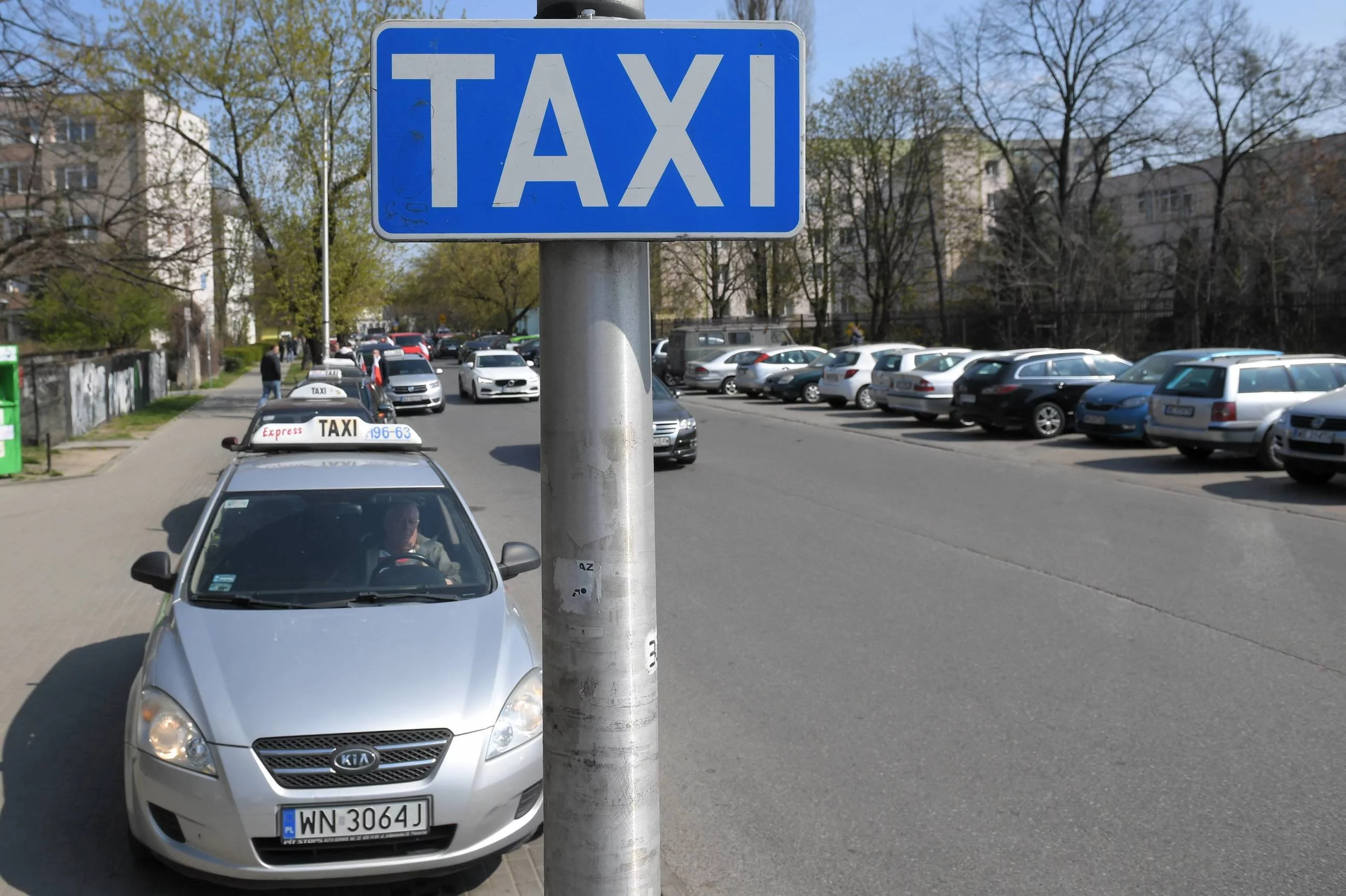Jürgen Borchert, then president of the 6th legislature of Hessisches Landessozialgericht, published in 2013 in Riemann Verlag political essay Sozialstaatsdämmerung (pol. Twilight of the Social State).
The book is simply a harsh criticism of the German welfare state and household policy.
Double kid Poverty
The author begins by harsh criticism of the dominant language. In his opinion, the German social policy ‘wimmelt es von semantischen Verhüllungen, Verzerrungen und Verwirrungen’ – i.e., the public's attention is constantly being diverted from linguistic falsification. Already from the beginning she declares powerfully that ‘semantische Igel sind des Sozialstaatshasen Tod’ – semantic hedgehogs kill rabbit welfare state.
Borchert points strategy ‘die doppelte Kinderarmut’ – the double poorness of children, noting that although birth rates have halved since 1965, the number of children receiving social assistance has increased 16 times. As he writes, “He eats weniger Kinder, desto schlechter werden si behandelt” – the less children, the worse they are treated.
Neoliberalism deepens inequality
He criticizes the redistribution system, which, as he argues, favors the rich, relieves the burden on the elite and burdens mediate classes and families. That is indeed the long-standing policy of the CDU and partially the FDP. Terms specified as ‘insurance’ or ‘Generationsvertrag’ are according to him ‘juristisch-fiktiv’, i.e. fictionally legal, intended only to cover the real redistribution agreement .
The author points to inequalities in the insurance strategy – especially thanks to the advanced limit of contributions (Beitragsbemessungsgrenze). He besides criticises neoliberal policy: from the deregulation of the times of Thatcher and Reagan, through the neoliberal reforms of the 1980s, to the Agenda 2010 programme, which he claims deepened inequality.
Insurance – simple but revolutionary
Borchert besides warns against the password ‘bydingungsloses Grundeinkommen’ — unconditional guaranteed income. He argues that this is false equality, where ‘The freedom of any to resign from their secular work necessarily complements the deficiency of freedom of others" (‘die Freiheit der einen zum Erwerbsverzicht denknotwendigerweise die Unfreiheit deranderen complimentär’). Borchert proposes a strategy ‘BürgerFAIRsicherung’ – a universal model for the financing of social and wellness insurance from all incomes, without a ceiling of contributions, reinforced by taxation advancement and combating taxation avoidance. "All citizens contribute to the common strategy – regardless of their income" – writes. It is simply a simple system, on the 1 hand, revolutionary: no advanced borders, income from capital is subject to contributions, full integration of the public and private sectors.
Rough and unspeakable
Reviewers' opinions are unanimous. Mathias Greffrath describes Borchert as "pink thorn for politicians and barbed media", appreciating him ‘rechtschaftener Zorn’. Hannes Koch Grants Borchert the right: “The wedge between the rich and the mediocre is deepening”. Criticism focuses on the redistributive approach: it hangs on Borchert besides narrowly justice for redistribution. Sozialstaatsdämmerung is powerfully embedded in facts and full of emotion criticism of the German welfare system. Borchert – thanks to the powers of the justice and expert – presents calculations, sentences and comparisons, which exposure how the solidarity strategy supposedly favours elites and weakens the weak.
His kind is clear, without a backdrop, with sharp, frequently pictorial metaphors. Quotes from reviewers say a lot: "curd in distorted policy" au "uncompromising anger".
Note about author
Jürgen Borchert (born 1949) is simply a German lawyer, justice in Hessisches Landessozialgericht, known for his commitment to social and household affairs. He is simply a co-founder of groundbreaking legal opinions for the German Constitutional Court, including aid for wartime mothers (Trümmerfrauen After planet War II, women of the rubble were women who took back German cities, destroyed during wartime activities, or nursing insurance.
In 2008, his court filed a constitutional complaint against the injustice of the Hartz IV reforms. ‘The Social Benefit Act has effectively abolished the welfare state rule and replaced it with a coercion of self-help’ (‘Die Hartz IV Gesetze haben das Sozialstaatspinzip factisch abgesschaft und durch einen Zwang zur Selbsthilfe ersetzt’).
He is the recipient of the Regina-Hildebrandt-Preis (2011) award and the Association of German Families (2014). His kind is characterized by directness, clarity and large emotional burden – he is simply a spokesperson for forgotten social groups, especially families with children.
It is simply a reading for everyone curious in social/social issues of “unified” Germany.
Matthäus Golla
Jürgen Borchert, Sozialstaatsdämmerung, Riemann Verlag, München 2013, p. 248.














